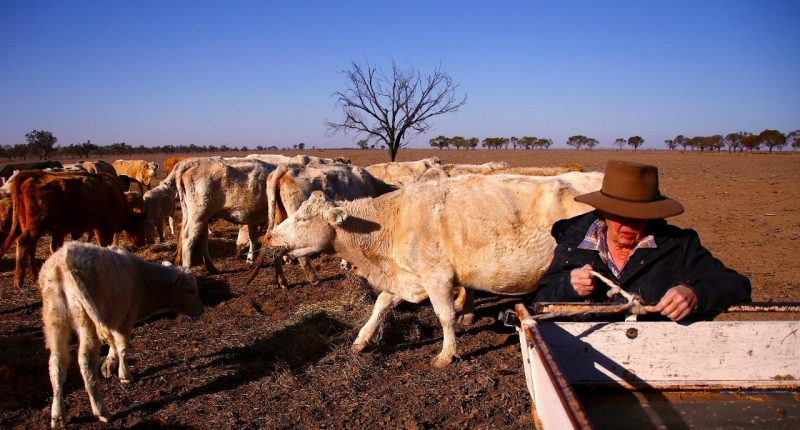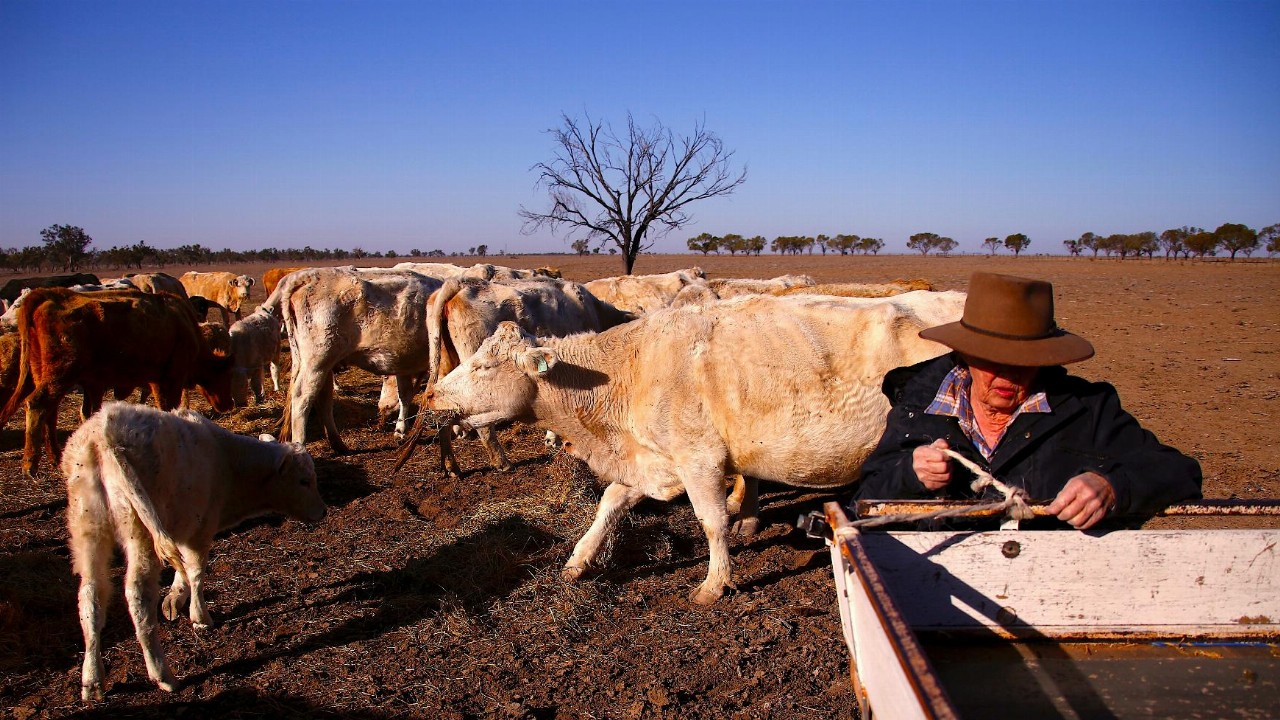The agriculture sector is yet again under the Fair Work Ombudsman’s (FWO) spotlight as fines for breaches regarding pay slips and record-keeping exceed $170,000 nationally.
The regulator said it had investigated 330 businesses in regional ‘hot spots’ across Australia since its agriculture strategy began in December 2021.
Fair Work Inspectors have issued 64 infringement notices for payslips and record-keeping breaches totalling $176,028, with 55 of the infringement notices issued to labour hire entities and nine to growers.
FWO Sandra Parker said the regulator’s agriculture strategy highlighted the importance of an employer’s need to follow the rules with record-keeping and pay slip laws.
“It’s a red flag if workers can’t identify their employer and are paid cash-in-hand, without pay slips, by individuals seemingly unrelated to the apparent employing entity, and this is prevalent in multi-level supply chains where we consistently find wrongdoing,” Ms Parker said.
She said inspectors had consistently found higher levels of non-compliance in relation to labour-hire companies as opposed to growers, who directly engaged with workers.
In Adelaide and Adelaide Hills, the FWO investigated 34 businesses and issued $19,794 in infringement notices, while a further 27 remain under investigation.
Inspectors have also issued 18 compliance notices — 10 for underpayments and eight for non-monetary breaches split evenly across labour hire entities and growers.
Of these, five were handed out on the spot — three in South West WA’s Manjimup-Donnybrook region and two in Stanthorpe for employers who had failed to provide new workers with the required FWO information statements.
“Failing to hand out the Fair Work Information Statement or Casual Employment Statement to new workers is no trivial matter; we expect employers to meet this legal obligation which helps to keep their hard-working employees informed,” Ms Parker said.
Back in March, the Ombudsman inspected roughly 20 farms and labour companies around Manjimup and Donnybrook in WA’s Southwest and issued $5500 in fines after numerous anonymous reports from employees highlighted underpayments.
The FWO on Friday said it would continue with its unannounced inspections throughout the year and next year and urged that growers and labour hire entities were now on “notice”, as the FWO would enforce action where appropriate.
Nationally, 110 investigations under the Agriculture Strategy are still underway, and the FWO highlighted that many were related to pieceworker minimum wage changes.
Late last year, the Fair Work Ombudsman took legal action against a Queensland labour-hire company, alleging it underpaid 87 workers up to May 2020. The case is ongoing.







